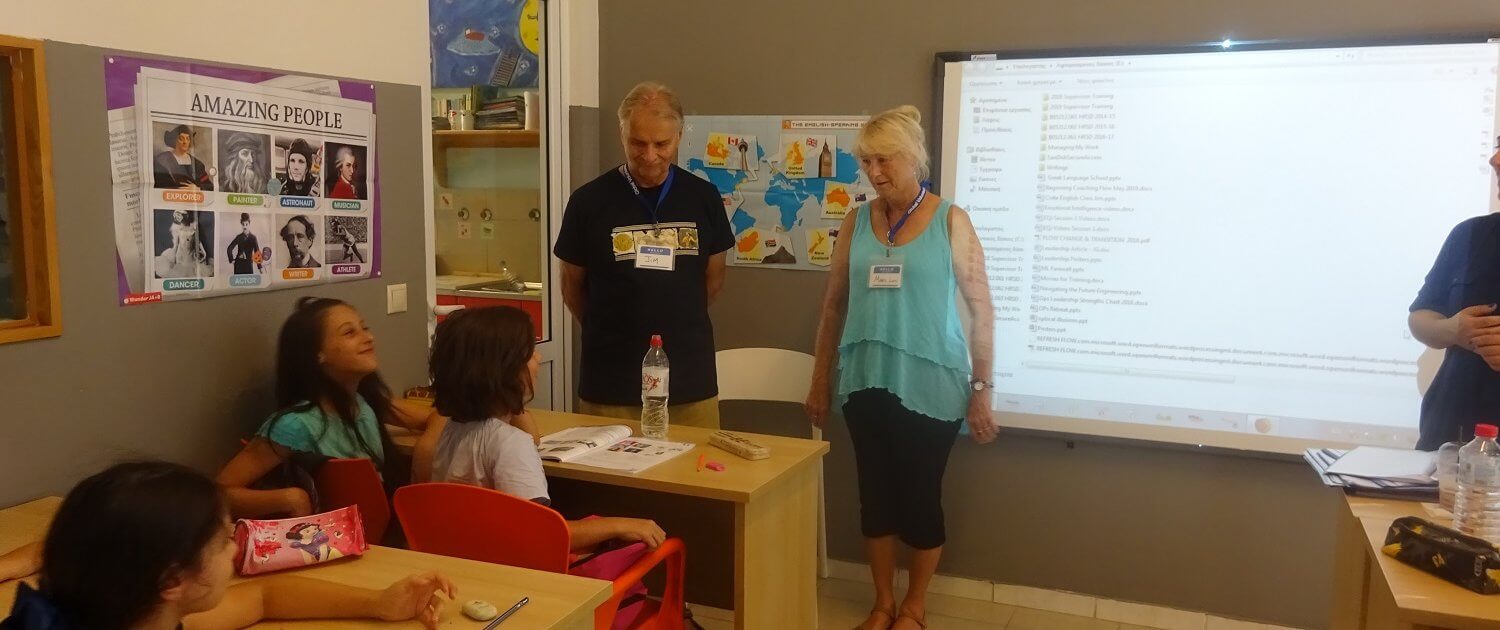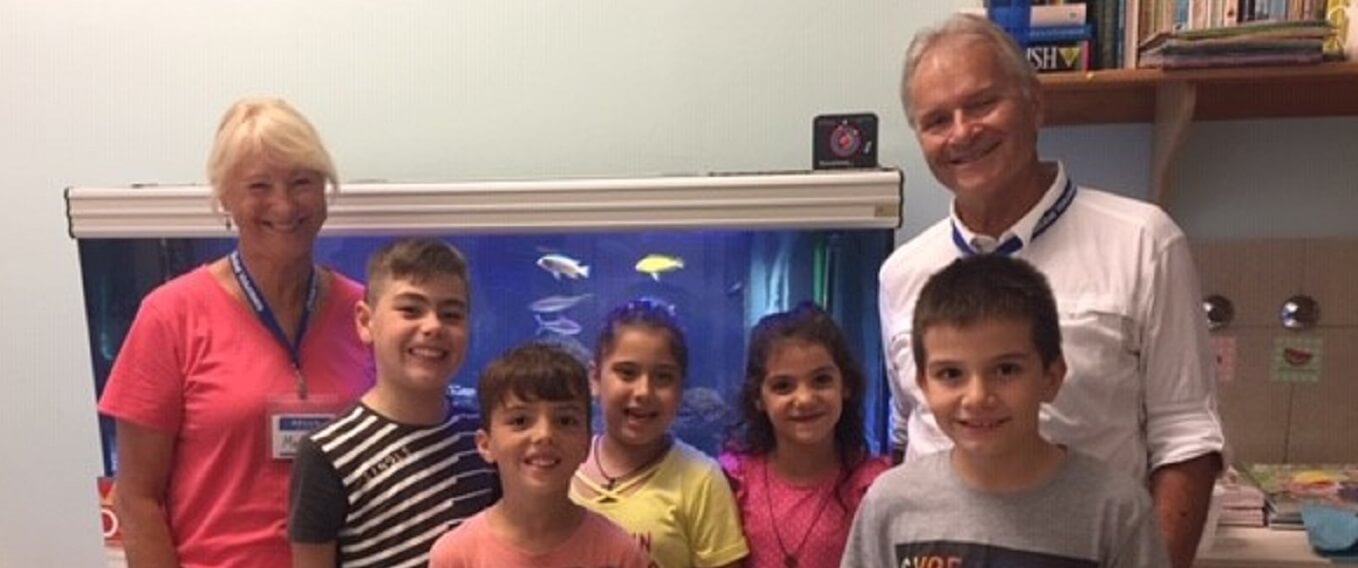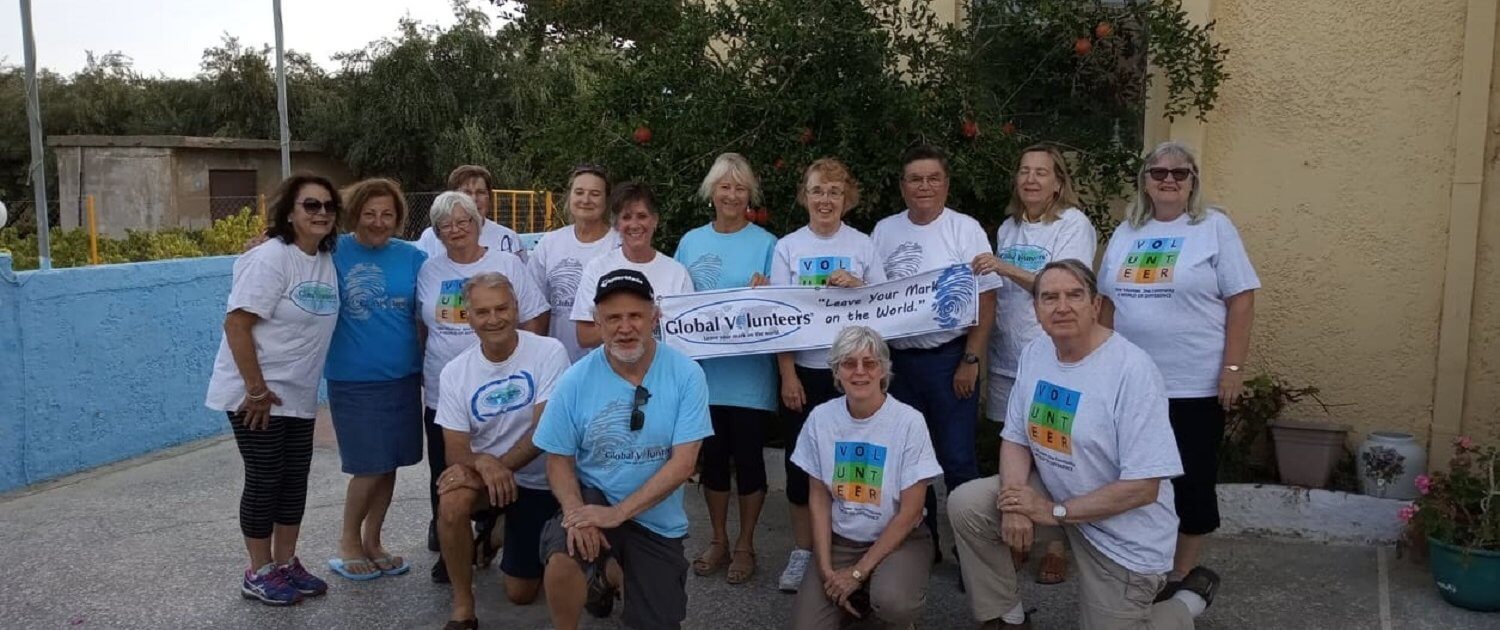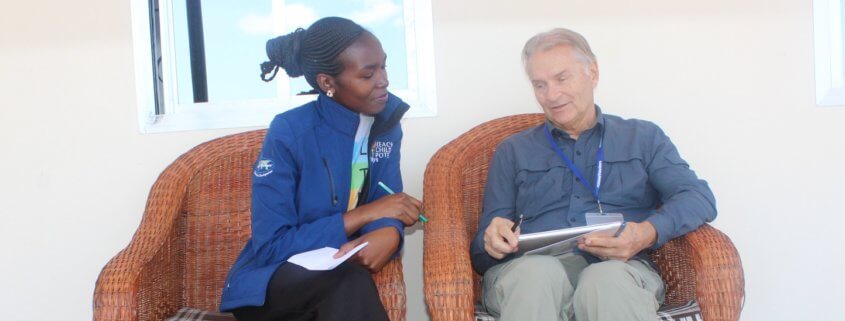What’s Special About Serving with Global Volunteers?
Three-time volunteer Jim Gorski describes his yearning to learn about other cultures, and go beyond tourist attractions to understand how ordinary people around the world live. Here, Jim reflects on Global Volunteers’ Philosophy of Service and how it affords people the opportunity to make a real contribution to local communities and enriches the volunteer experience.
By Jim Gorski, Global Volunteers Alumnus and Board of Directors Member
Whenever I travel, I am always driven to get the “feel” of a place. I wonder what it is like for ordinary people to live here, how day-to-day life plays out in this place. The tourist attractions are amazing and beautiful, and certainly provide valuable learning about other cultures, but they are most often prepared and staged for the visitor. I want to go beyond this when I visit a new place. Global Volunteers provides me the opportunity to do that.
“I want to go beyond this when I visit a new place. Global Volunteers provides me the opportunity to do that.”
– Jim Gorski

Global Volunteers has a Philosophy of Service and 10 Guiding Principles that make the experience rich with learning and provide the opportunity for the traveler to make a contribution to the places we visit. There is no better way to get the “feel” of the place and to understand what life is really like than to work hand-in-hand with local people on projects that they have determined will benefit their community. To do that, we need to approach the project with humility and a genuine desire to serve.
Global Volunteers guides volunteers in these important ways:
- We serve only where we are invited.
- We work under the direction of local leaders.
- We do whatever we are asked to do.
- Local people are always in charge.
- We work hand-in-hand with local people on community-based projects.
- We send teams of volunteers to each community several times each year, year after year.
- Self-reliance is the ultimate objective.
- We stay in the community during most of the time we are in-country.
- We pay for our food, water, lodging and local transportation.
- We treasure what we learn from local people.

“There is no better way to get the “feel” of the place and to understand what life is really like than to work hand-in-hand with local people on projects that they have determined will benefit their community.”
– Jim Gorski
My experience is that my fellow volunteers have come prepared to serve and to do whatever is needed to help in the communities we visit. It is a joy and a privilege to work (and play) in the company of such people. When we are at our best, we become more than visitors. We become temporary members of the community. The people in the community remain in our hearts long after we leave, and what we learn from them enriches our lives and makes us better citizens of the world.
“The people in the community remain in our hearts long after we leave, and what we learn from them enriches our lives and makes us better citizens of the world. “
– Jim Gorski
In Vietnam, I was being shown around town by one of the students from Foreign Trade University, where we were teaching conversational English. She asked if I had been to Vietnam before. I answered that I had, but it was a long time ago. She asked if I had been a soldier in the war. I said yes. Then she asked, “What did you think of that war?” I told her I thought it was a tragedy for both of our countries, and produced much suffering, much more so for Vietnam. She responded, “Well, it was your government and my government at war. It was not the people.” Her wise response reminded me of something that is true of most, if not all wars.
Walking through a village in Tanzania with an RCP staff member and a local man, I asked about all the chickens wandering about the village. My question was, “How do you know which chickens are yours and which belong to your neighbors?” He laughed and responded, “The chickens know.” Then it occurred to me that I might be expressing my cultural bias regarding individual property ownership, but I was in a culture where communal sharing was a more important value.

On the island of Crete I had a brief bout of the flu that kept me in bed for a day. The family that owned the hotel checked in with me periodically to be sure I was OK and made a special soup that would aid in my recovery. I had come there to be of service, and they turned the tables on me and became my caregivers.
These experiences teach me that being of service does not mean “saving” others who are less fortunate. It means an exchange among equals. It means being a guest in someone else’s home. It means approaching this work humbly and filled with gratitude for the opportunity to help and to learn. I am not saving others. I am more likely saving myself.
As the poet Mary Oliver writes:
“As you strode deeper and deeper
into the world
determined to do
the only thing you could do –
determined to save
the only life that you could save.”




Leave a Reply
Want to join the discussion?Feel free to contribute!